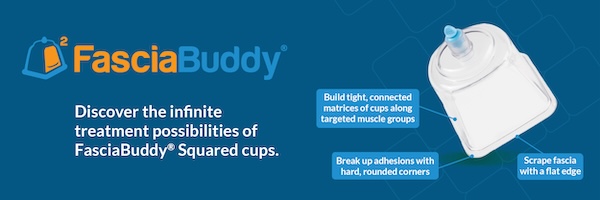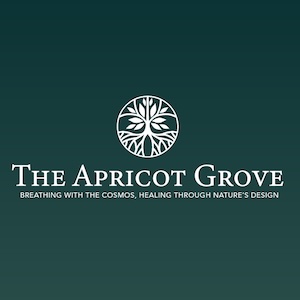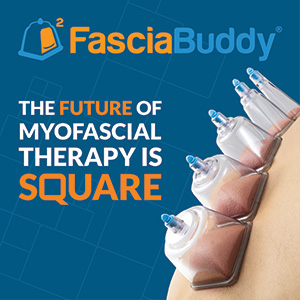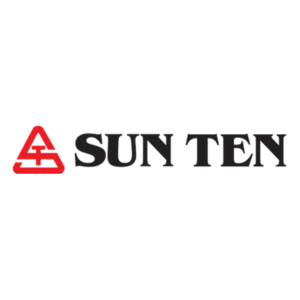I still remember the moment when I realized that the character for Listen in traditional written Chinese was composed of the characters for Ears, Eyes, and Heart. Twenty two little strokes that unambiguously describe what is required to genuinely listen.
Deborah Woolf has spent the past year teaching a course on basic Chinese for East Asian medicine practitioners. And while the content of her course is of interest to me, in this conversation what I’m more focused on is what it is that she’s learned in the past year from teaching this material.
Listen into this conversation on the challenges of translation, the multidimensional nature of Chinese medicine, and key learnings and questions from the past year.
In This Conversation We Discuss:
- Uncertainty, its role in Chinese medicine, and impact on Deborah’s practice
- Deborah’s translation project and challenges faced
- The ancestral tendon and its significance
- The Spleen’s relation to seasons
- Sacrifices and ancestors in Chinese medicine
- Examination of the significance of different Chinese characters in understanding Chinese medicine.
- The different aspects of Shen and its connections to organs
- The multidimensional nature of Chinese medicine, and its relation to the axis of Pre and Post Heaven
I work with the moon: in that I follow Suwen 26 八正神明論 (Treatise on the eight directions/uprights and shenming) which says:
月生無寫,月滿無補,月郭空無治,是謂得時而調之。
[when] Moon [starts to] grow do not drain
[when] Moon full do not supplement
[when] Moon rim hollow do not treat
These are called “obtain the season” [= timely] so [can] tune/regulate it.
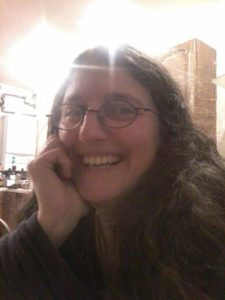 Deborah Woolf, L.Ac
Deborah Woolf, L.Ac
I am a crazy keen acupuncturist and super enthusiastic lecturer, who, by chance, have discovered and loved the cosmology and numerology inherent in Chinese Philosophy and Medicine. I was lucky to start studying (10 years after I know I wanted to be an acupuncturist) at the UK college that teaches the most philosophy and theory, based on Five Phases, wuxing 五行, and Stems and Branches, wuyun liuqi 五運六氣. My course was a 5 year long extravaganza, and I came out the other side, exhausted, changed and driven. Since then (20 years ago) I have not stopped treating, teaching and studying: these three activities interact fruitfully with each other, allowing me to deepen my understanding and practice of this amazing approach to health, the body and the cosmos.
As I am the daughter of academics I took what I was taught and read around the subjects, so that I was able to immerse myself more fully in ancient Chinese culture. I have followed Elisabeth Rochat de la Vallee for 25 years, and have studied classical Chinese for at least 15 years. I may not be able to ask for soup, but I can make a stab at translating very obscure classical Chinese texts! This immersion and reading and teaching has allowed me to apply my ‘apprentice’ style learning to my practice. I thoroughly appreciate and love what I do and am grateful daily for the opportunity to learn more and be able to help my patients even more!
Links and Resources
There are a number of conversations with Deborah on Qiological, and if Stems and Branches is an interest for you, this Qiological Live Intro to Stems and Branches is a good place to start.
Subscribe To This Podcast In Your Favourite Player
Share this podcast with your friends!
Shop Talk with Michael Max
Reflections on 25 Years of Cultivating a Practice
In this Shop Talk Michael Max reflects on 25 years of practice and the importance of running a business as a cultivative practice.
We go into the importance not of “faking it till you make it,” but rather using the learning of the early days to better hone your skills and more thoroughly understand who you are, and what your ideal practice really looks like.
Additionally we explore the issues of money and authority, and rather see these as hindrances, they are actually valuable teachers that both help us to be better practitioners and more honest and reliable business people.
The trick, if there is a trick, is not to rely on someone else’s blueprint or master plan, but instead discover your own source code.
Business. It’s not something we have to do, it’s something we have the privilege of engaging.
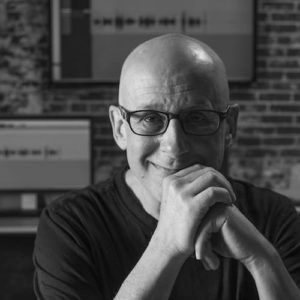 Michael Max, L.Ac
Michael Max, L.Ac
There is a difference between having a job and having a business.
It took me a long time to realize that wearing the hats of accountant, CEO, web designer, and marketing/sales director were not in conflict with working as a practitioner. All of these various roles/perspectives gave me insight on better understanding my patients and how the business of acupuncture fits within the intertwined ecosystems of health, commerce and culture.
Running a business is not something we ‘have’ to do, it’s an opportunity that we ‘get’ to do.






